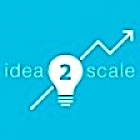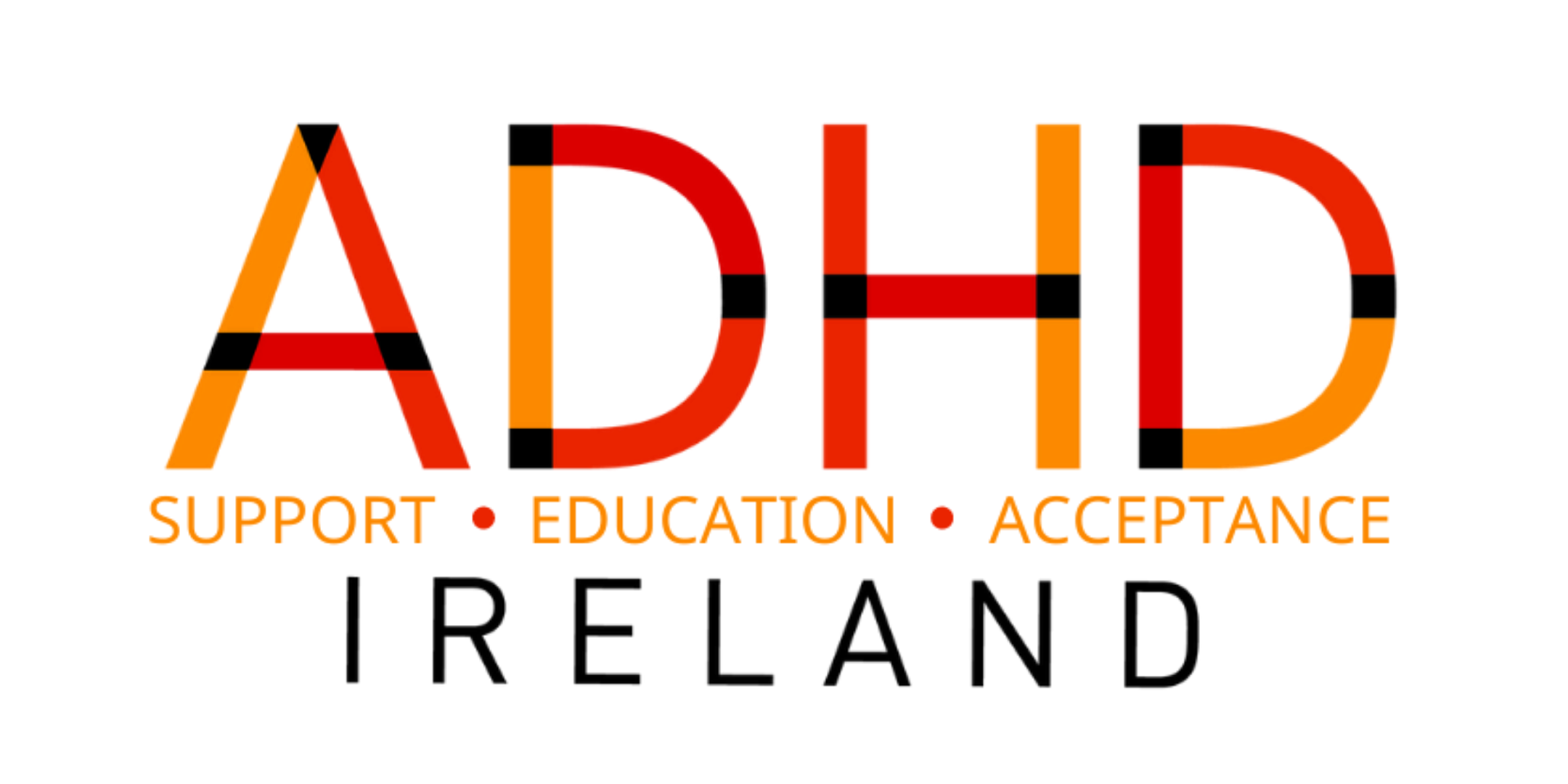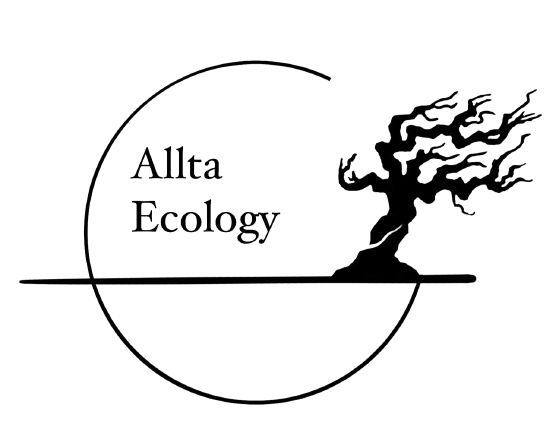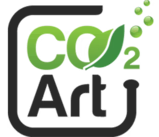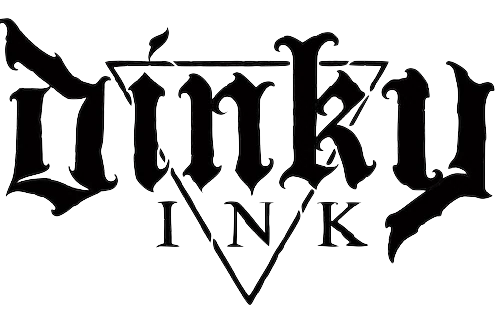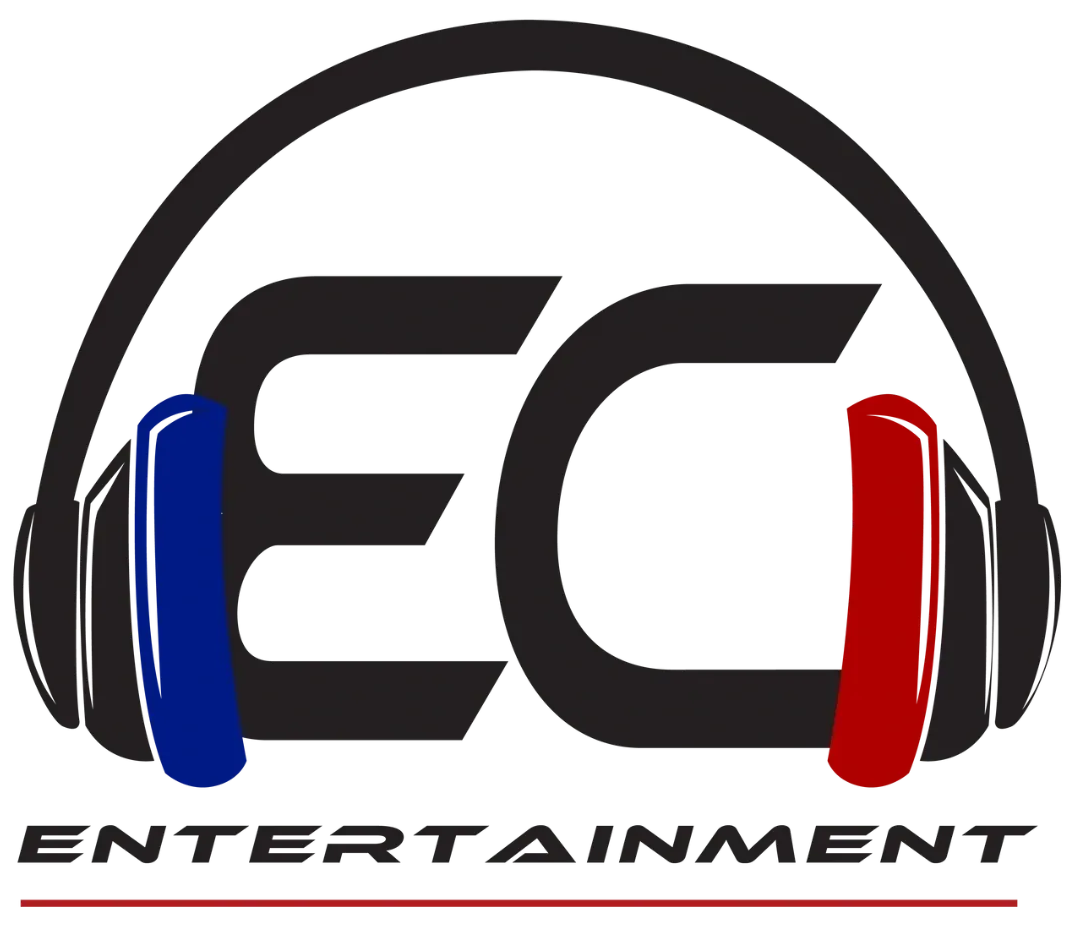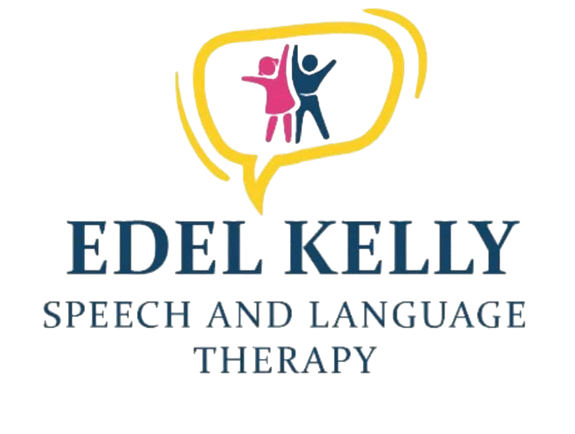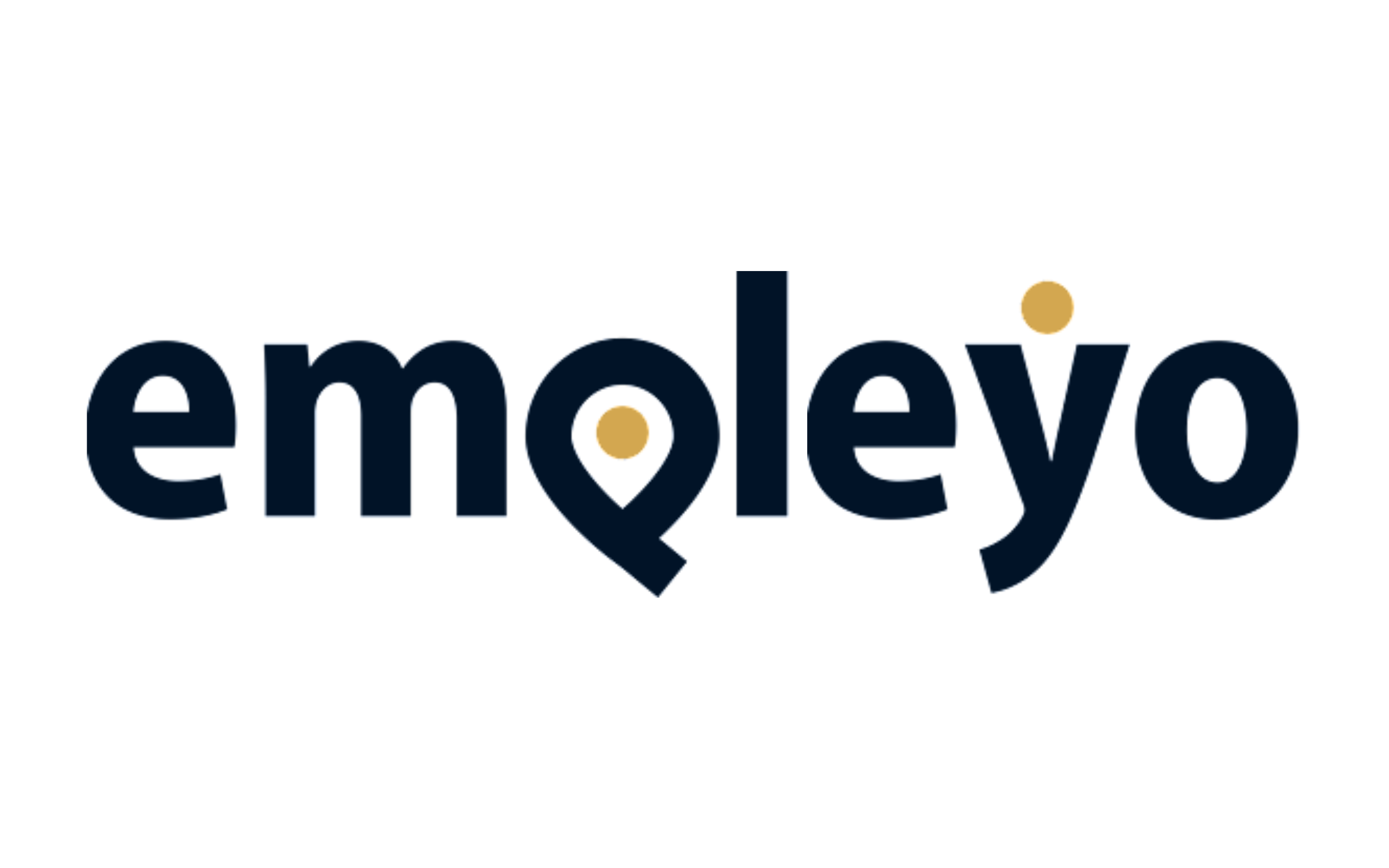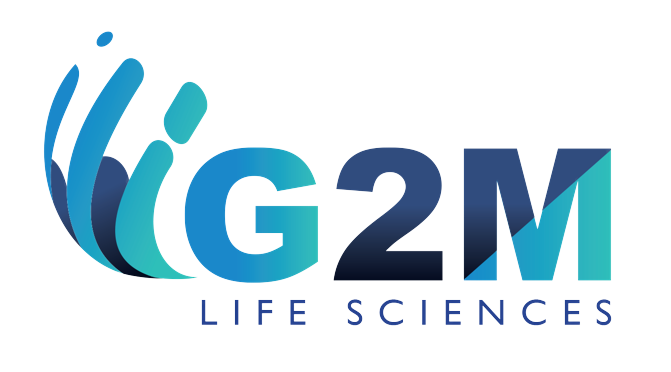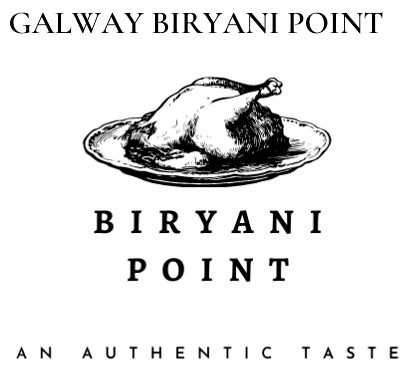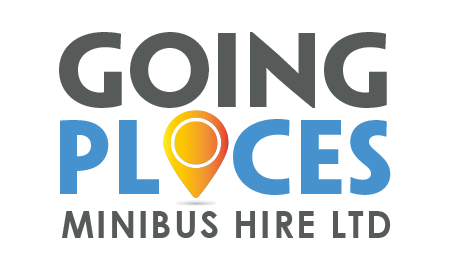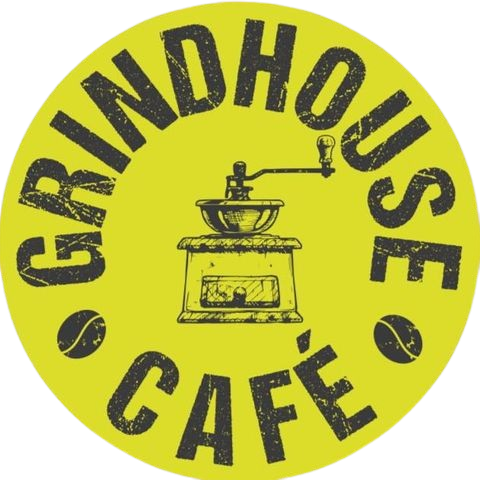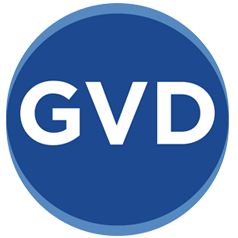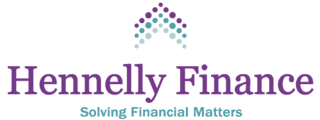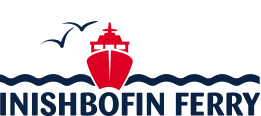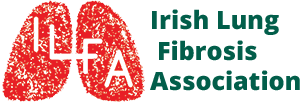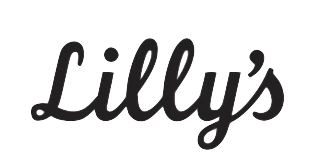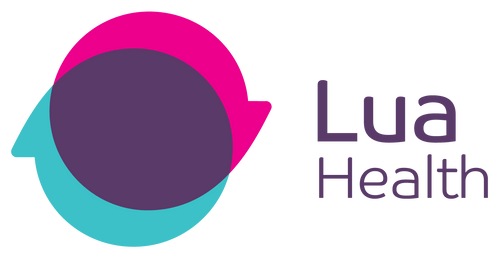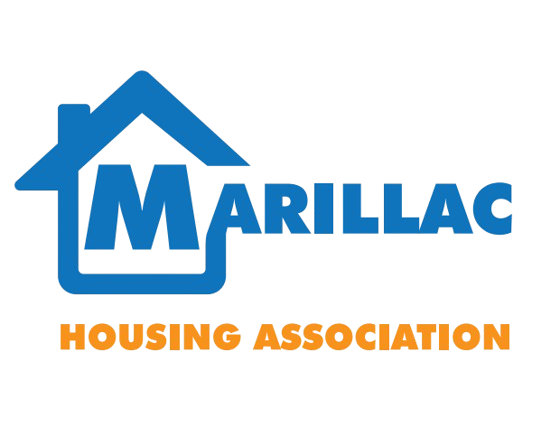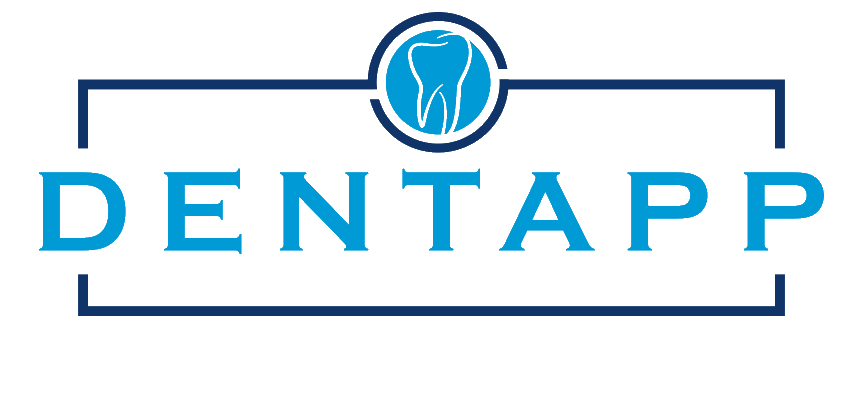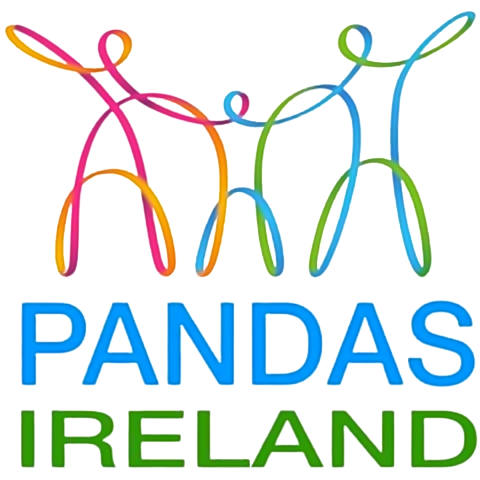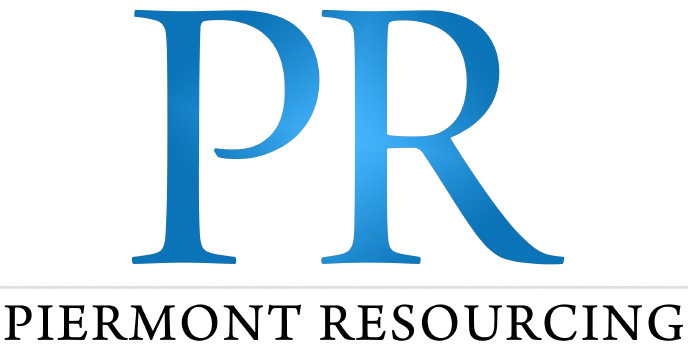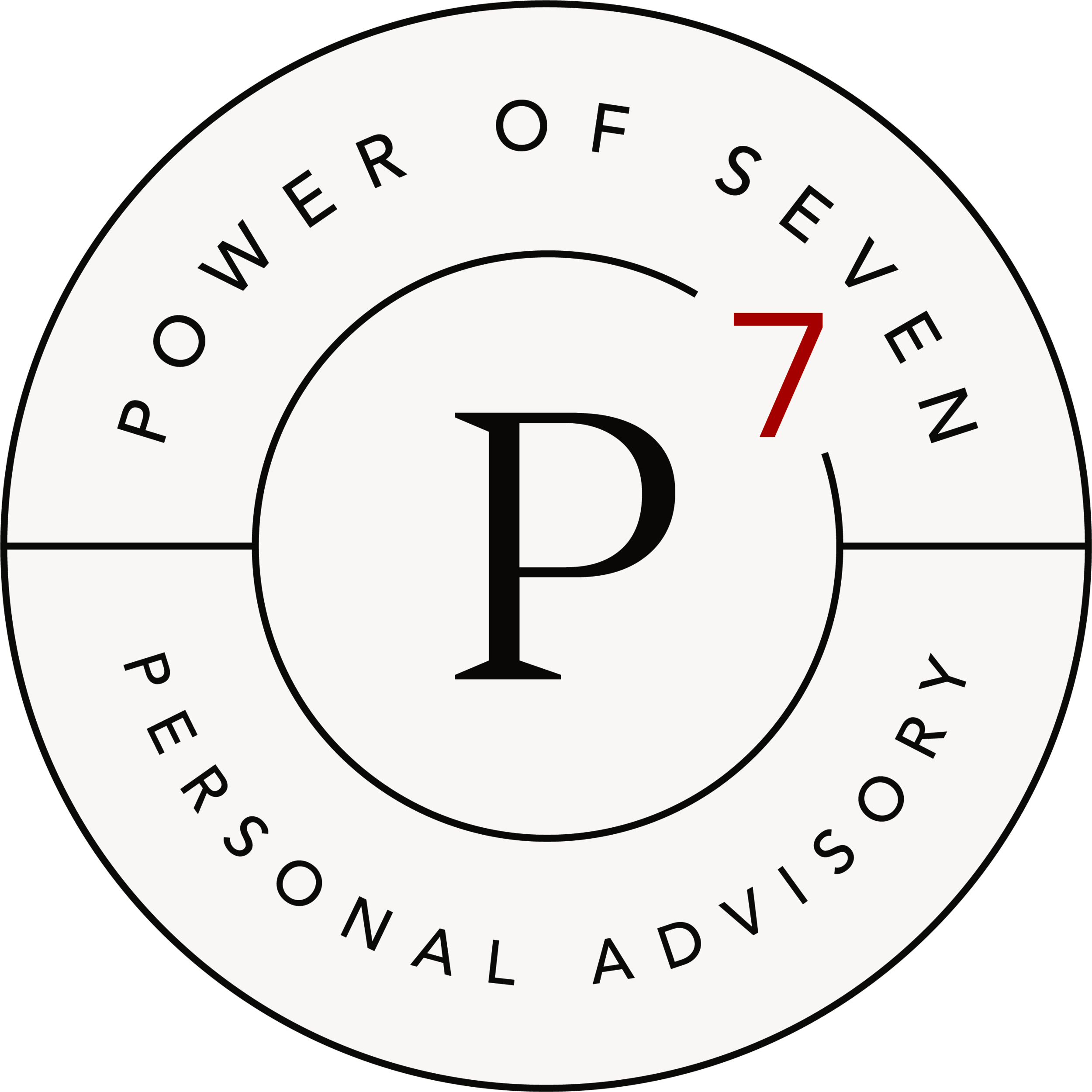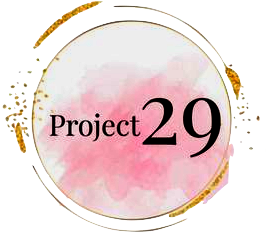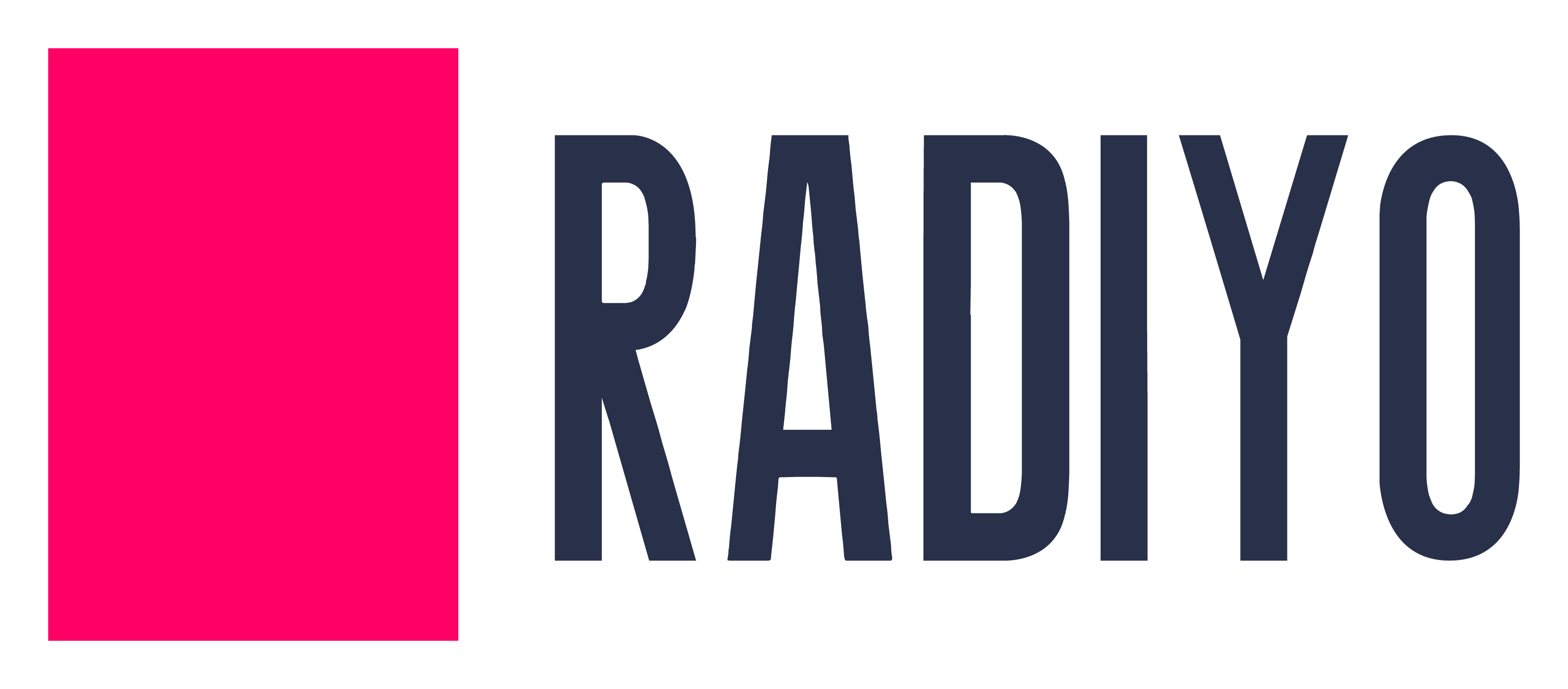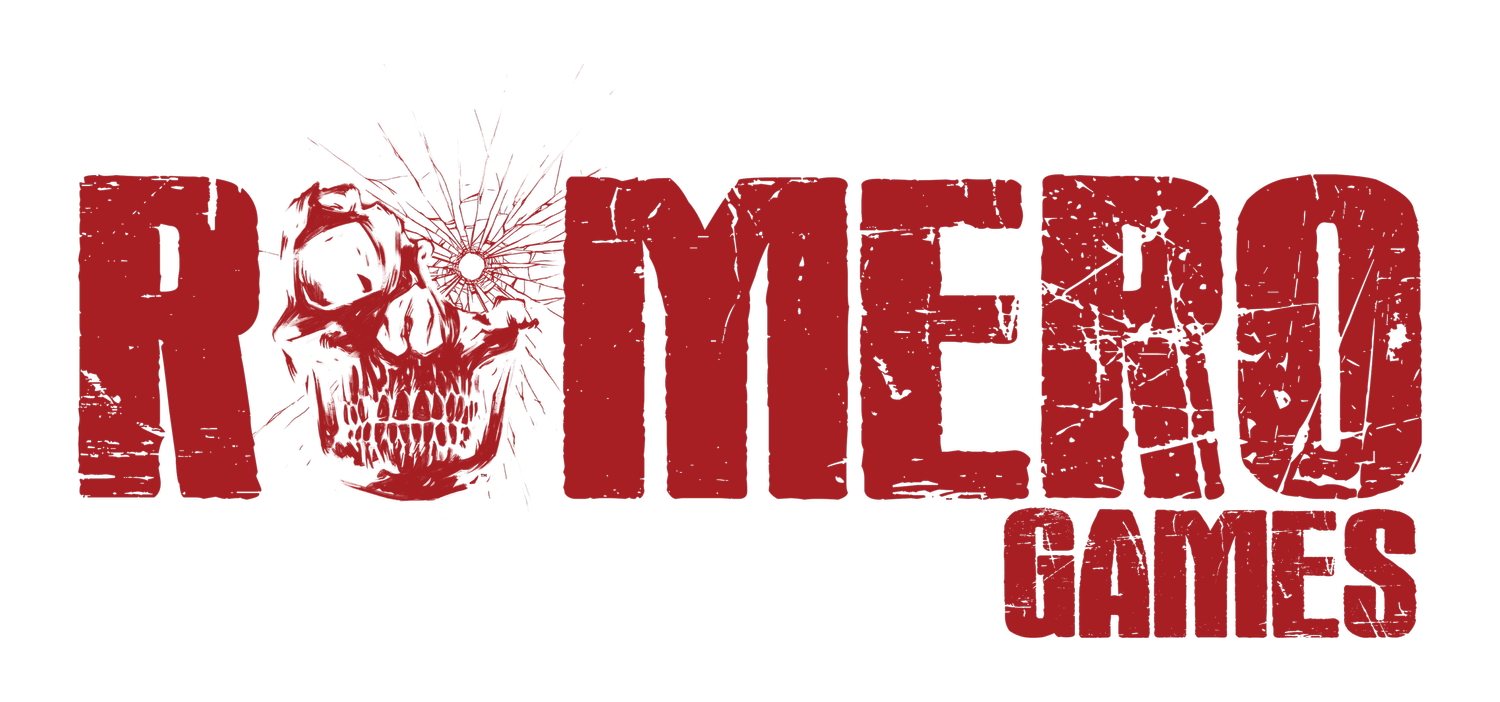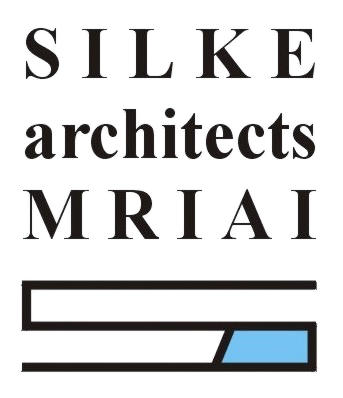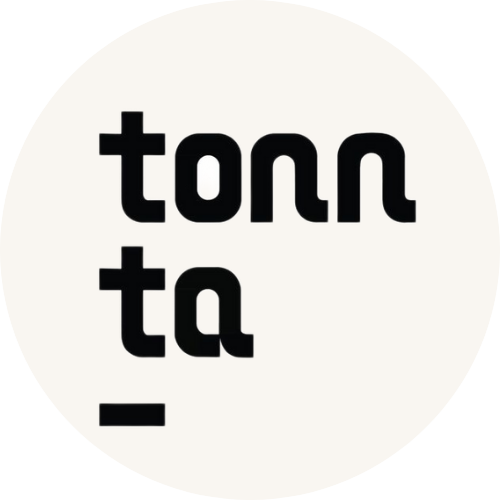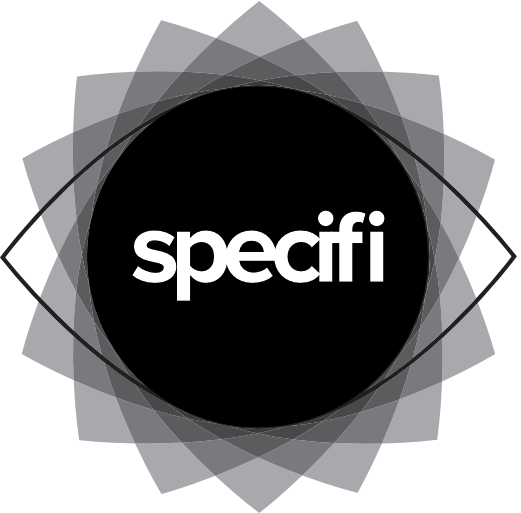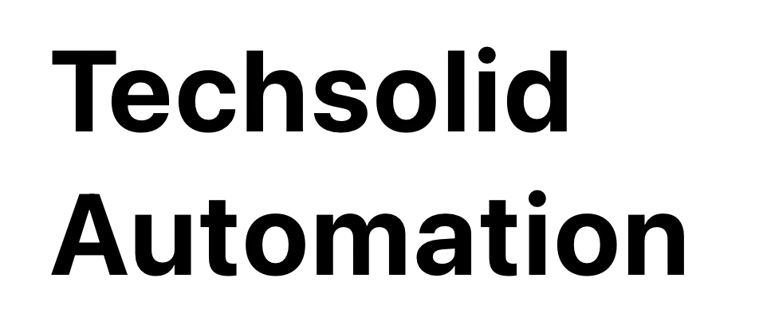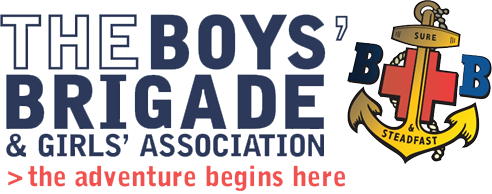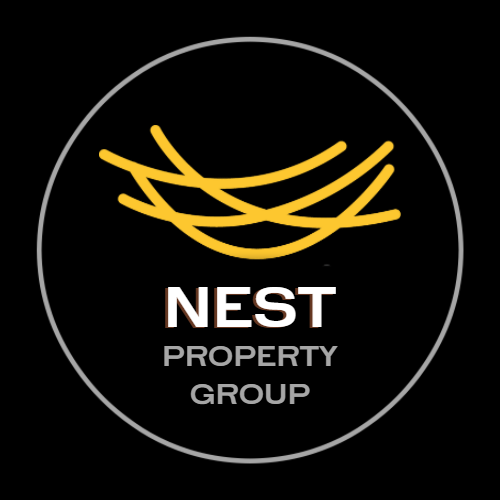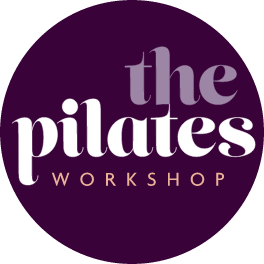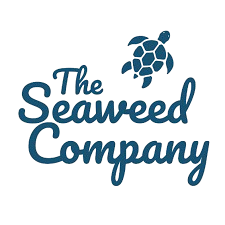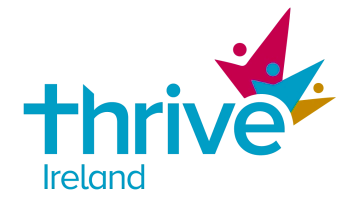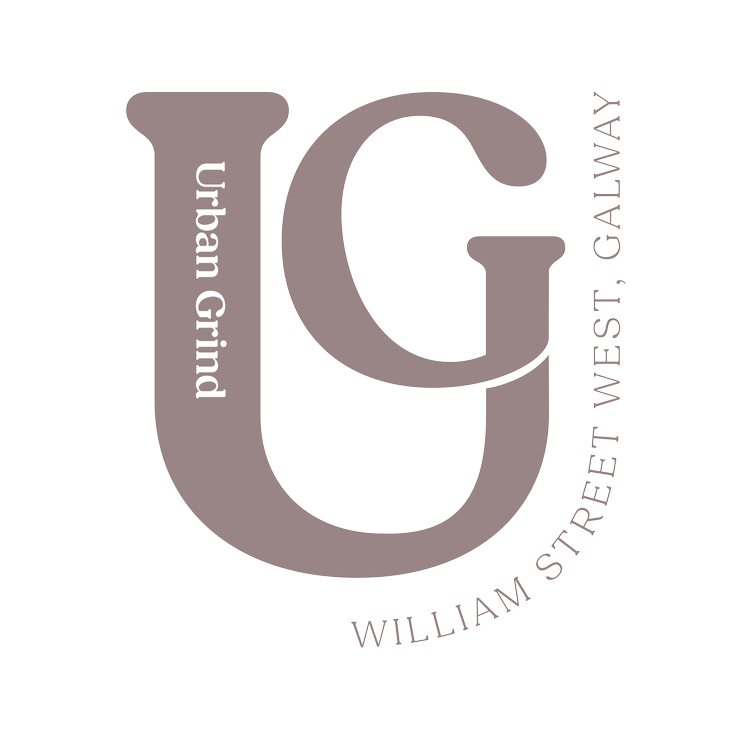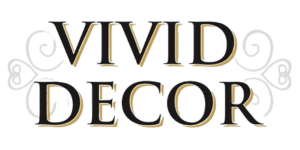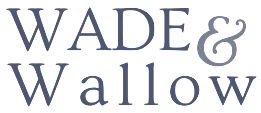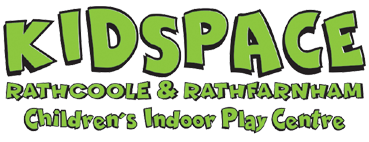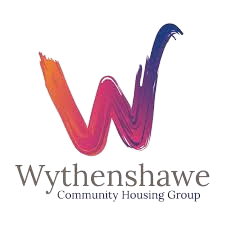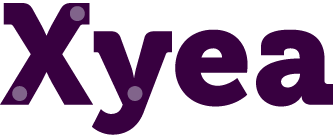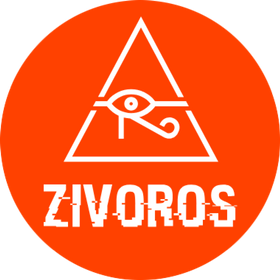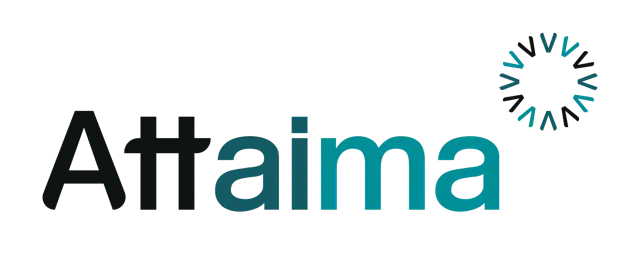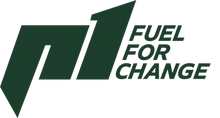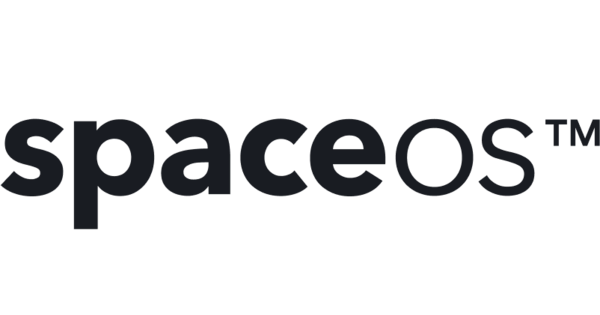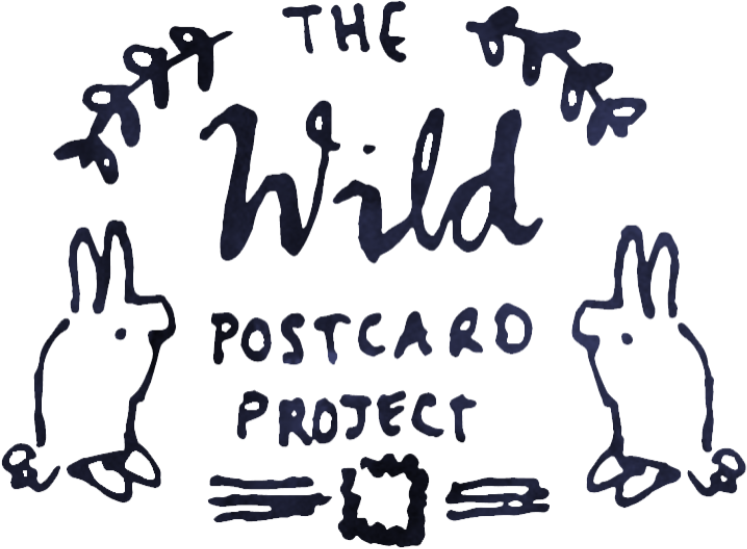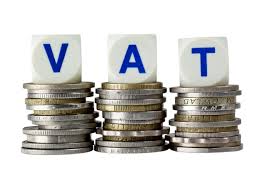
What is it?
Value Added Tax (VAT) is a consumption tax applied to the price of goods and services paid by a customer. The system is designed to work so that the ultimate end customer is usually the one that the VAT is paid by but if you are an unregistered business you will also take the hit. Whether or not an entity (individual or company) should register for VAT depends on what they do and the value of their sales
Do you need to register?
Firstly you need to consider if the good or service you provide is VATable or not. Most are but there are notable exemptions like types of medical, training, financial or Not-For-Profit services. If VAT exempt you cannot register. Secondly you need to consider if you will exceed the threshold limits of €37.5k for selling services and €75k for selling goods. If you don’t foresee yourself going over these in a 12 month period you don’t need to register. Finally you may always elect to register if below the thresholds for example if you want to claim significant VAT on purchases or if you trade with other EU member states.
VAT Rates and Categories
The headline rate in Ireland is very high at 23% and this is applied to the majority of goods and services e.g. consumer electronic goods, professional services. The next rate, 13.5%, is applied to most ‘personal’ services e.g. car repairs, cleaning, construction work and for your domestic electricity supply. 9% is the main rate applicable to the hospitality sector, meals and accommodation for instance but not alcoholic drinks. Finally the zero rate covers most unprepared food, books and general non luxury items (Trying to apply VAT on children’s shoes brought down the Government in 1982). An often confusing aspect for the layman is the difference between VAT exempt and zero-rated VAT. The net effect is the same for the sales side but the zero rated businesses may for instance claim VAT back on their purchases.
Accounting Basis
VAT registered businesses have the option of accounting for VAT on the cash-receipts or invoice/accruals basis if their turnover is below €2m or 90% of sales are to non-registered customers. In all but extraordinary circumstances the business should select cash-receipts basis as it allows them to only pay VAT over as the customers pays rather than on invoice. The Irish system has a slight quirk in that the cash receipts basis still allows VAT on purchases to be claimed on invoice.
Compliance
VAT registered businesses must keep adequate records to determine the amount they owe or are owed in respect of each different VAT rate. The bar is high in terms of maintaining correct records but most simple spreadsheet or accounting systems can cover this off. Records must be kept for 6 years regardless of whether registered for VAT or not. Returns must be filed on a bimonthly of four-monthly basis or as agreed with Revenue. We recommend clients paying a monthly amount by DD and availing of a single annual return.
Industry Specific Rules and Special Schemes
Unfortunately in Ireland we do not have a flat rate scheme like in the UK. This simple scheme gives businesses a lower flat rate to apply to sales but disallows any VAT on purchases. The net effect for most businesses is that they pay less and administration time and costs are lower. Here we do have various schemes for different types of business like retailers and the ‘margin’ scheme for car sales and travel operators for instance. VAT on property is an unbelievably complex area although it doesn’t often impact on regular businesses. New EU rules for VAT have brought in complex mechanisms like the ‘reverse charge’ basis for intra-EU services and which is also used in construction services subject to RCT.
VAT FAQs
As accountants we hear a lot of the same questions or queries coming up. Here are some of the common answers we give:
- Threshold limits from second paragraph above is a very common question.
- VAT is an EU tax. Sales outside the EU are not relevant for VAT
- Sales outside of Ireland but within the EU between VAT registered businesses are generally VAT exempt although different compliance rules apply
- Businesses with VAT and VAT exempt activities can pro-rate or separate the two activities for VAT purposes.
- VAT can only be claimed on purchase invoices if for business purposes
- VAT on purchases for hospitality (meals and accommodation), entertainment and petrol for motor cars are usually never claimable
- Some large multinationals in Ireland can avail of S.56 zero rating of goods. This is why it is possible to find that invoices to some large companies do not attract VAT.
- Where goods and services are provided together for instance in construction there is a 2/3 rule that the supplier applies to identify the correct VAT rate. (if materials are more than 2/3 of the price then the higher VAT should apply to the whole sale)
VAT can be complicated so please use the foregoing as a general guide only. If you need help with VAT or have specific queries relating to your business then give us a call at 01 450705 or email [email protected]


